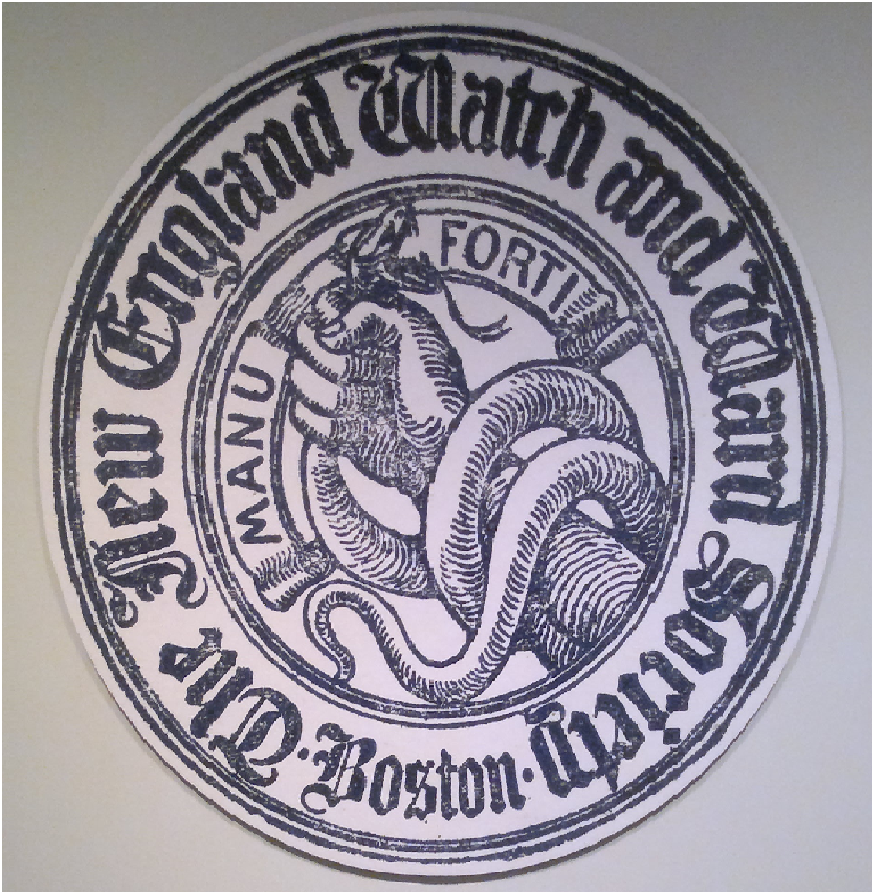
New England Watch and Ward Society

Boston, MA 02114 United States
The building at 41 Mount Vernon Street was built in 1917 for the International Society of Christian Endeavor. Founded in 1881 in Portland, Maine, the society began as a nondenominational youth organization, focused specifically on the involvement of adolescents in the church. Today, it is considered the first youth ministry program and the template for many that followed.
In 1933, the Watch and Ward Society—also known as the New England Society for the Suppression of Vice—moved its headquarters into the building. Founded in 1879, with annual meetings in the Park Street Church, the society devoted itself to shutting down gambling operations, burlesque halls, and brothels. They were most famous, however, for their censorship of books, magazines, and plays, giving birth to the phrase “Banned in Boston,” which was used elsewhere to market books that had been deemed too scandalous, lascivious, or obscene by the society. Before liberalizing in the late-1940s and early 1950s, banned authors included William Faulkner, Ernest Hemingway, Aldous Huxley, Sinclair Lewis, Eugene O’Neill, Upton Sinclair, Voltaire, Walt Whitman, and H.G. Wells.
Ironically, following the Watch and Ward Society’s occupation of 41 Mount Vernon, the building housed two publishing houses. First, it was home to part of the Little, Brown offices, a Boston intuition dating back to one of the country’s oldest bookstores and famous today for publishing authors such as Louisa May Alcott, Emily Dickinson, and Oliver Wendell Holmes, Sr. and Jr., as well as reprints of popular European fiction and poetry. In the late-1990s, following many consolidations and merges, Little, Brown sold the building to the Unitarian Universalist Association (UUA).
The UUA, a liberal and nominally Christian organization, used the space at 41 Mount Vernon for Beacon Press, a non-profit publisher. The press was founded in 1854, with a fundraising campaign headed by a cousin of Ralph Waldo Emerson. Since, they have published authors such as James Baldwin, Octavia Butler, Mary Daly, Thich Nhat Hanh, Mary Oliver, Paul Robeson, Jean-Paul Sartre, Claude Lévi-Strauss, Cornel West, Howard Zinn, as well as the autobiography of Gandhi, Martin Luther King, Jr.’s writings, and the Pentagon Papers.
Upcoming Events
- There were no results found.
Events List Navigation
Events List Navigation
Did You Know?
Certain books were “banned in Boston” at least as far back as 1651, when one William Pynchon wrote a book criticizing Puritanism.